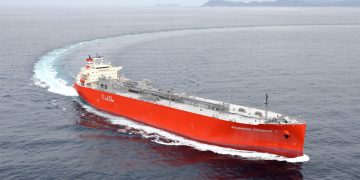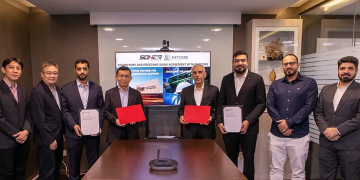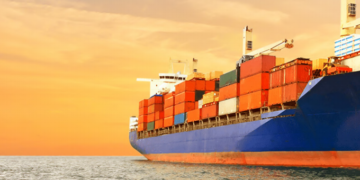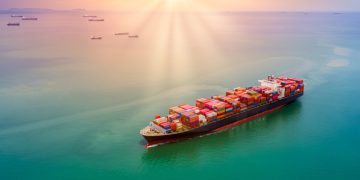The UK P&I Club provides information for port damage claims in South America
Claims relating to damage to dock walls, quay sides and other port facilities The UK P&I Club provides information for port damage claims in South America as follows:It has come to the attention of the Club that claims relating to damage to dock walls, quay sides and other port facilities are on the increase.Recently, one of the Club's Members was issued with a Letter of Protest in a port in Chile for causing damage to a pier whilst coming alongside.It was apparent to the Master of the vessel that the damage was not caused by his vessel, the quayside being generally in a bad state of repair in various locations.It was noted on this particular occasion that the fenders, used truck tyres, were inadequate to handle such a large vessel and that the swell inside the port was considerable. The port did not have adequate protection from a long Pacific swell.Another worrying fact in this case was that the LOP was issued to the vessel, not on arrival at the time of the alleged damage, but only 15 minutes prior to departure, leaving the Master with very little option but to sign for receipt of the LOP.In cases where the ...
Read more


















































